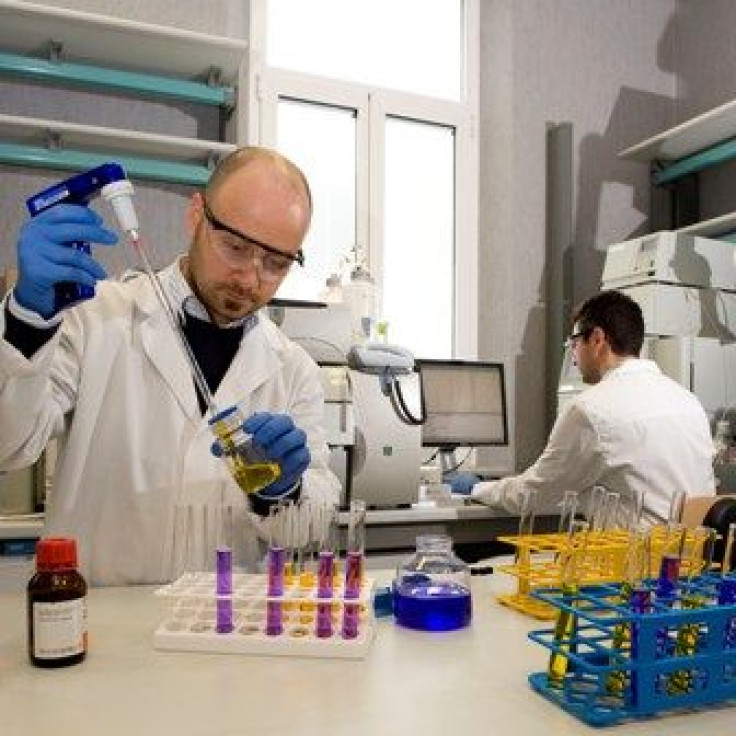Artificial Molecule Halts Cancer In Its Tracks

For years researchers were trying to shut down molecules that promote cancer growth. Now, U.S researchers have developed an artificial molecule, a stapled peptide, which stops the effects of a molecule in cancer development.
The Wnt protein family is made up of molecules that control cell-to-cell communication in humans. It is a part of a molecular signaling pathway that aids in the maintenance and renewal of cells. Mutations in a Wnt gene that disrupts the signaling pathway are known to cause several birth defects in children. In humans, a Wnt pathway gone haywire can result in cancer and osteoarthritis. Wnt proteins also have other functions like determining how the components in a cell are arranged and regulating the migration of nerve cells.
Disruptions in the Wnt pathway are often found in cancers related to the digestive tract like colon cancer.
Researchers were looking at ways to inhibit this Wnt pathway in cancerous cells. The new stapled peptide was developed by researchers from Harvard Medical School. The artificial peptide has been studied in mice where it was found to be effective in stopping tumor cell growth and preventing it from spreading to other organs.
"One of the biggest challenges in cancer research is finding ways to disarm the molecules that fuel the disease, and blocking the interaction between proteins inside cells is notoriously difficult. This work builds on ours and other groups, and shows that it's possible to block the cancer-promoting interaction between BCL9 and beta-catenin, two key proteins in the Wnt signaling pathway," said Dr. Mariann Bienz, a Cancer Research UK scientist from the MRC Laboratory of Molecular Biology in Cambridge, in a press release.
Bienz also said that the technology used by the researchers was interesting and that "it could be used against other molecules that are currently considered 'undruggable'."
The study is published in the journal Science Translational Medicine.



























